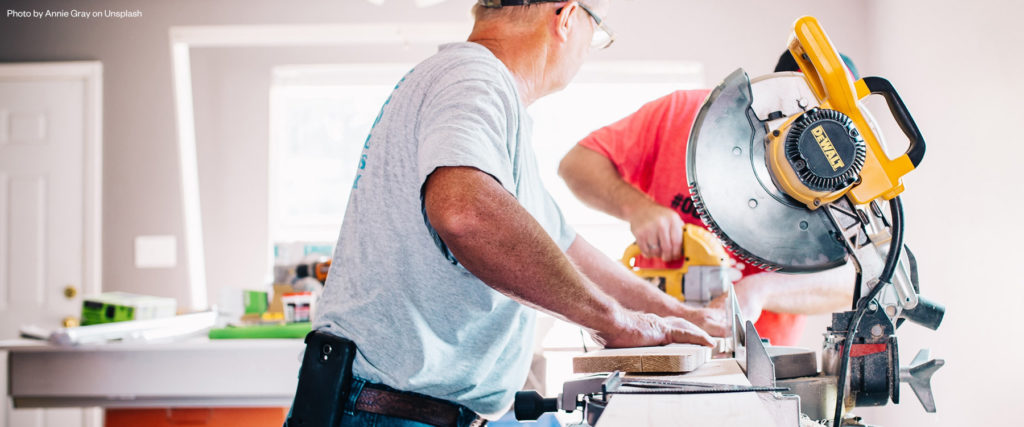How to Choose the Best Remodeling Contractor for the Job

You’ve decided it’s time to invest in the home remodel of your dreams and for many of us, the hardest part is actually choosing who to trust with your time, money and home. You want a reliable, design savvy and budget conscious contractor who will deliver a high level of customer satisfaction from start to finish. Those are some pretty hefty responsibilities right? Then throw in the fear of a botched job, a budget gone wild, or contractor “no shows” causing delays and stress. The reality is, even with a good contractor the process can be stressful due to unfortunate surprises such as issues with electrical, dry rot, or leaking pipes. But the bottom line is choosing the right contractor can make all the difference between a successful home remodeling project and a complete disaster. No matter what the home renovation project, there are some steps you can take that will help you choose the right remodeling contractor for the job––who knows you might just save some time, money and most importantly your sanity.
Step 1: Plan Ahead
Finding the right contractor is all about finding the right fit. From style and design ideas to sustainable practices or niche specialties, you should know what you want before even beginning to find a contractor. There are many resources and tools out there to help with your planning. From Pinterest to Houzz, sites such as these will help you start with a plan and some ideas. Planning well will also help you get a more accurate estimate––it’s much easier for a contractor to get specific if they understand your vision.
Step 2: Do Your Homework
Start your search by asking friends, relatives or co-workers for references. People in your neighborhood are also a great resource since they may have undergone similar projects. And don’t forget to look at their reviews! As you narrow down your contractor search, start asking questions to determine if they are a best fit, and then be sure to get quotes from several so you can compare bids. As you compare bids, make sure all things are equal such as materials and timelines, and remember to negotiate before you sign!
Step 3: Finalize Your Choice
Before you sign a contract, you might also want to check references, disciplinary boards, and the Better Business Bureau. This includes any subcontractors that may be working on your project. When checking references be sure to speak with both clients and other partners they work with––if you can, talk to current clients since their experience is recent.
Step 4: Making it Official
A good contractor will spend time going over the contract with you, making sure both parties are clear on expectations. It should spell out exactly what will be done, including a timeline, progress payments and detailed material information. Also confirm with your contractor how things work if there is a change in products or timeline. The right answer? They should be willing to generate a written change order that includes costs, materials and adjusted timeline. Additional tips good contractors follow during the contractor phase include:
- Not asking for more than 10% of the budget as a down payment.
- Communicate up front that they can’t foresee every issue and realistically your project could go over budget by 10%.
- If your contractor asks you to get your own permits or even worse says you don’t need them, get out fast. Unpermitted work may cause problems down the road if you decide to sell. Bottom line, your contractor should handle all the permits for you.
Step 5: Creating a Good Partnership
Now that your project has begun, good contractors will want to create a good partnership with their clients. It’s good to establish ground rules right from the beginning such as: discussing hours of work, what kind of notice you’ll get if plans change, which bathroom will the workers use, will you need to be home for them to work, and what will be cleaned up at the end of each workday. And don’t be afraid to talk to your contractor as much as you like––big jobs might even mean checking in every day. If you see a potential issue, speak up immediately since something done wrong is a lot harder to fix after the job is complete.

